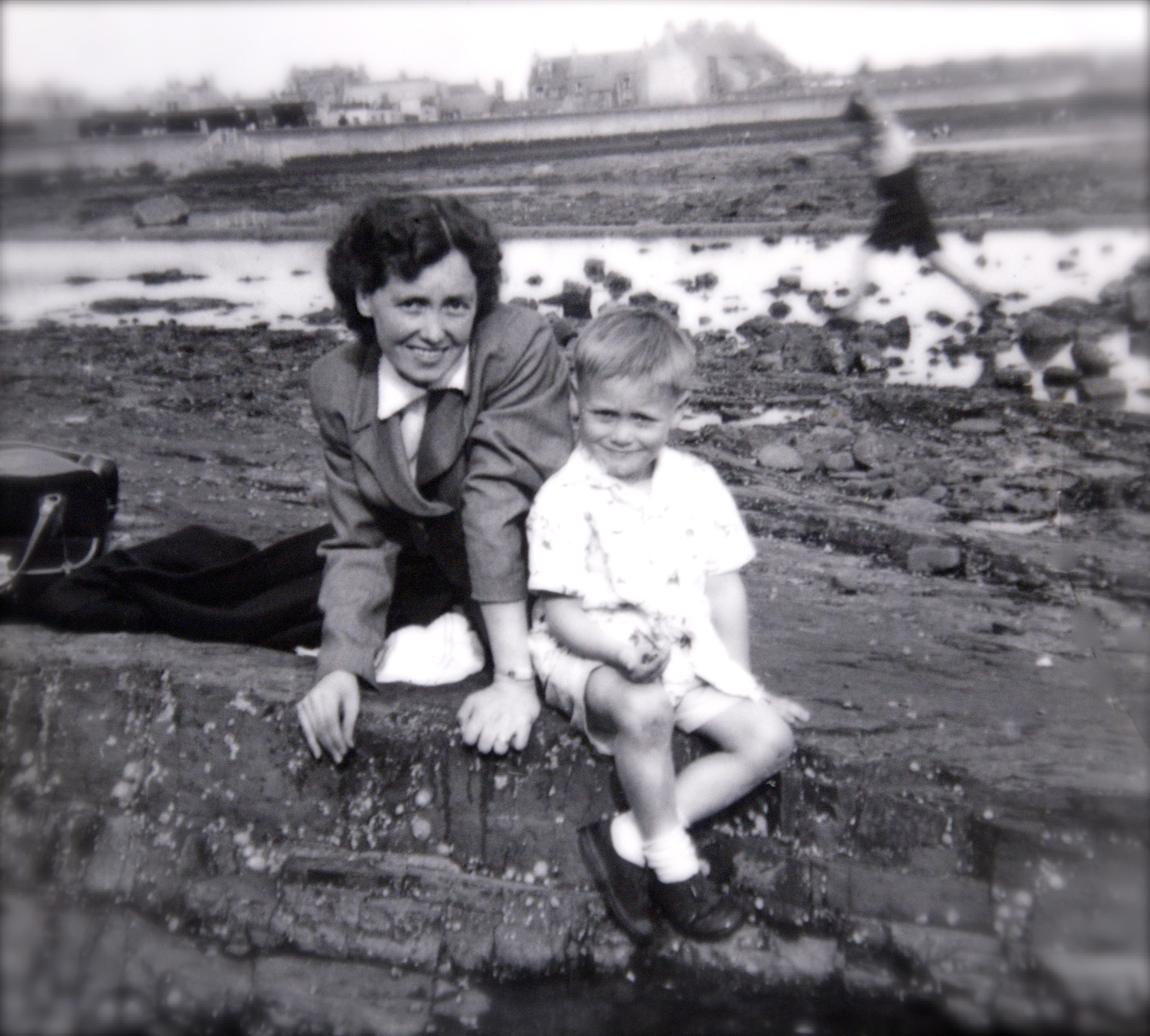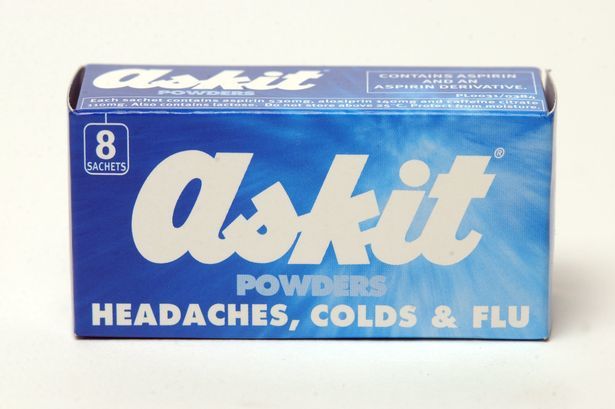
TAGGART star Alex Norton has launched his own investigation into the death of his beloved mum Sarah at just 39 years old.
Alex believes her death was linked to the popular painkiller, Askit Powders, which were taken off the market in 2006.
They had been linked to physical and psychological addiction and earlier versions had been blamed for deaths from kidney failure.
Now Alex is making a documentary on the damage done by the powder and wants to hear from other victims.
He said: “There’s no suing or compensation involved as the company no longer exists. I just want this out in the open.
“I was just 15 when my mum died. My wee brother was only five.
“It was terrible. She wasn’t even 40, and to me now at my age, she was just a lassie.”
He stops talking, eyes staring into the distance before shrugging. The enormity of what he has to say still lies heavily on his shoulders.
“When the consultant treating my mum was asked about a kidney transplant, he said: “Don’t be ridiculous. She’s far too old for a kidney transplant,” and sent her home to die.
“She must have been terrified knowing she was about to die and worried sick about her kids.
“Her death had the most devastating effect on our family. How many more families out there suffered?
“People were dying from renal failure caused by Askit Powders and this was known about, so why wasn’t it stopped?”
Millions turned to the powders which had been manufactured in Glasgow since 1917 as an everyday fix for common ailments.
Its slogan, “Askit Fights The Miseries”, was mainly aimed at working class women and promised relief from everything from toothache and headaches, to fever and period pains.
They were cheap and effective but the ingredients, which included highly-addictive phenacetin, could be deadly.
Alex, 68, best known as DCI Matt Burke in the long-running STV police series Taggart, said: “I didn’t know anything about Askit Powders until I watched a Panorama documentary in the 1970s which linked them to kidney failure.
“I was horrified. In those days Askit was very popular because no one knew they were addictive.
“My mum used to take Askit every day. She’d send me to the shop for five Woodbine and a packet of Askit Powders.
“She’d have half a dozen a day. No one ever questioned it.
“I now know that they gave you a buzz. Everything was better after an Askit. I’ll never forget seeing that documentary and the realisation these powders had cost my mum her life.
“Yet this link to renal failure was known as early as the 1950s.”
A year after Alex’s mum’s death, phenacetin was removed from the product, but Alex remains stunned so little of this public health outrage is known.
He said: “My mum had been in hospital, but I was 15, I thought she’d get better. When they sent her home and told her there was nothing they could do, I couldn’t take it in. They were saying she wouldn’t get better. She was going to die.
“Dad had to stop work to look after her. He had to sign on and he was such a hard-working man that being on benefits was hell for him.
“Mum used to ask me about school, and what had happened that day. She was getting weaker and weaker, thinner and thinner. Her skin was yellow.”
One day during the interval of a concert Alex was attending with a pal, he got the strongest urge to return home.
He said: “I knew I had to get back and I’m glad I followed my instinct, because I was with her when she passed away.”
Now the dad-of-three who lives in London with actress wife Sally Kinghorn, is determined the death of his mum, and, however, many others, won’t go unrecorded.
He said: “If anyone can recall their mums or dads, aunties or uncles or anyone necking these Askit Powders then dying from kidney failure, please let me know.
“And for anyone reading this who had no idea that Askit Powders did this – it’s a shocker isn’t it?”
If you or anyone you know would like to share their stories of Askit Powders and renal failure please contact info@steadipix.co.uk or call 0141 637 5720.

Enjoy the convenience of having The Sunday Post delivered as a digital ePaper straight to your smartphone, tablet or computer.
Subscribe for only £5.49 a month and enjoy all the benefits of the printed paper as a digital replica.
Subscribe
